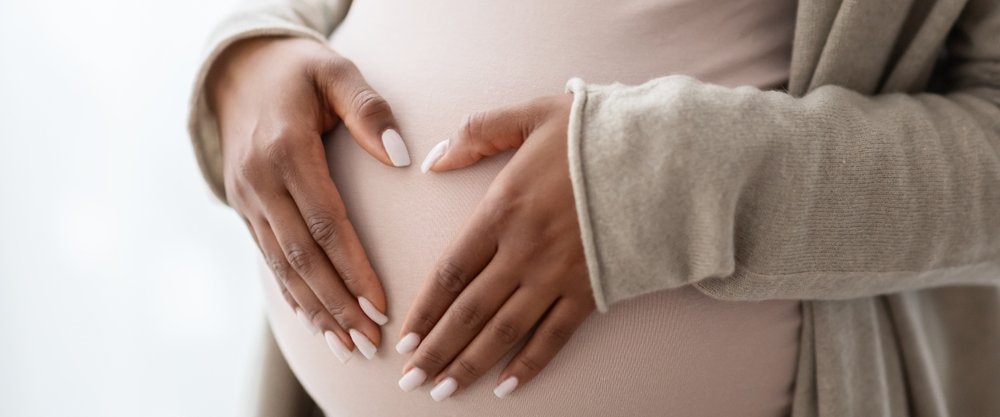
The report is a result of scoping work undertaken to inform potential areas for one or more future investigations. The work was started after we received a number of patient safety concern reports, from women and families, and those working within maternity services – the concerns spanned serious issues across the maternity and neonatal pathway and cases often involved severe harm or death.
The report emphasises the importance of taking a different approach to maternity safety – we identified key themes, from the safety concern reports, and 17 national stakeholder interviews, that indicate systemic issues need to be addressed to tackle the risks within maternity and neonatal care. Themes included national and neonatal maternity systems being overly complex, national collaboration being inconsistent and variable, and too many recommendations are made at a national level, with limited implementation.
Focus on systems
We have expressed that there should be a focus on the ‘systems’ that impact safety rather than a focus on individual actions. The report reinforces this through the themes relating to risk and learning within maternity and neonatal services. We heard that lack of recognition of risks is an urgent priority for stakeholders – there were examples of where clinical risks relating to labour and birth were not anticipated or responded to. We also heard repeatedly that the system was not learning from past events, incidents, litigation or national inquiries in the way that would be expected.
Impact of compounded harm
We reiterate that it is critical to understand the impact of trauma through any investigation process or interviews. They already take what is known as a trauma-informed approach to their investigations, which recognises that trauma may affect the response people have to incidents and seeks to not cause further harm. The report highlights that harm suffered by women and families has been compounded by their treatment after maternity incidents. We heard that even after tragic events involving the deaths of women and babies, the systems and processes that are triggered, can mean those involved in the response can lose sight of the human impact. We heard there is a huge variation in whether women and families feel listened to, and this variation reflects differences in organisational culture.
Our work also shows that staff continue to experience stress and harm. The report shares examples including professional confidence being damaged when there is a drop in public confidence, making it hard to recruit staff and midwives feeling persecuted.
Sharing insights
In June, the Secretary of State for Health and Social Care announced a national investigation into maternity care. In light of this announcement, and to avoid duplication, we have currently paused ongoing investigatory work, but have shared concerns and insights from this report with the Secretary of State and teams within the Department for Health and Social Care. The report also details four areas that could be considered for further investigation:
- the national structures responsible for providing direction and oversight for maternity services
- local governance arrangements for NHS maternity services and their relationship to national bodies
- the standards and approach of local investigations when things go wrong
- education, training and professional standards for clinicians providing maternity and neonatal services.

Director's view
Philippa Styles, Director of Investigations, said: “This work brings renewed focus to the persistent challenges within maternity safety and reinforces that it is priority for these challenges to be addressed at a national level.
“The report evidences that serious safety concerns continue to exist across maternity services, despite past events. We need to ensure safety concerns are effectively and proactively understood and managed to ensure significant improvements are delivered.
“There needs to be more positive support for staff working in maternity and neonatal services. A culture focused on blame is impacting their wellbeing and their ability to work effectively but will also stifle progress because they feel fearful to speak up about their concerns. Enabling staff to speak freely, without repercussions, is vital to supporting a positive and collaborative approach to improving maternity safety.
“We strongly believe the valuable insights from our work can inform the national system wide investigation and support the delivery of safer care for women and their families. We hope the investigation chaired by Baroness Amos will take this into consideration.”



